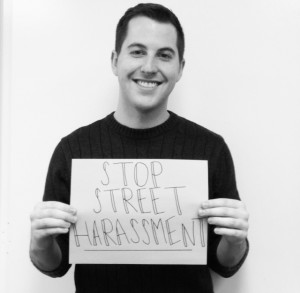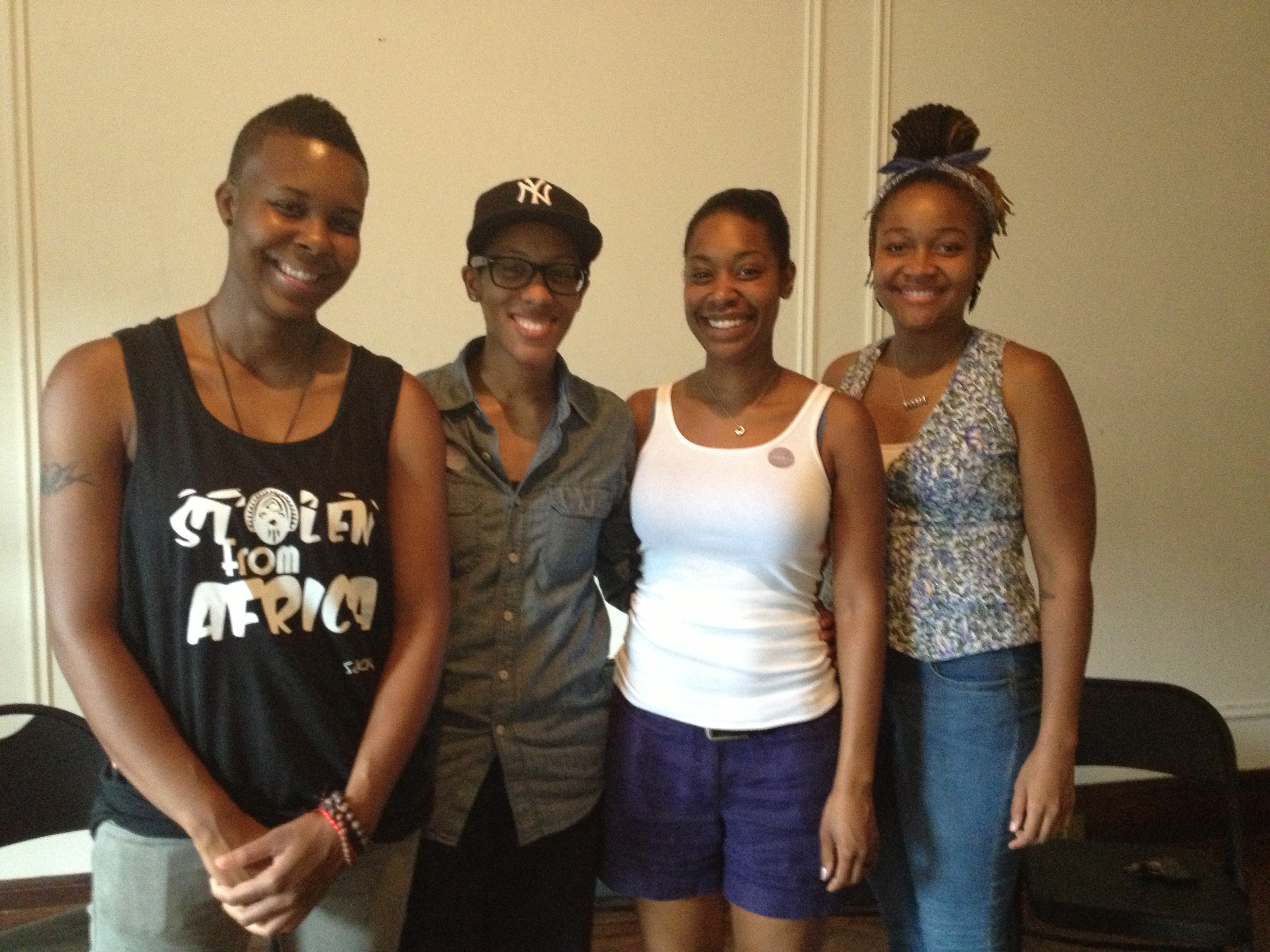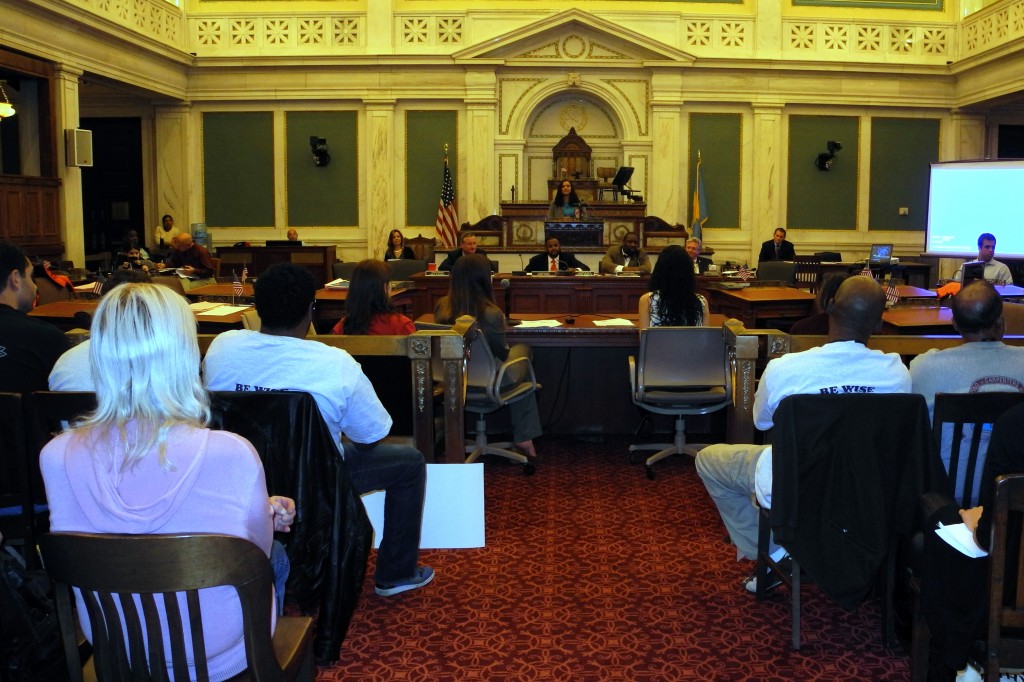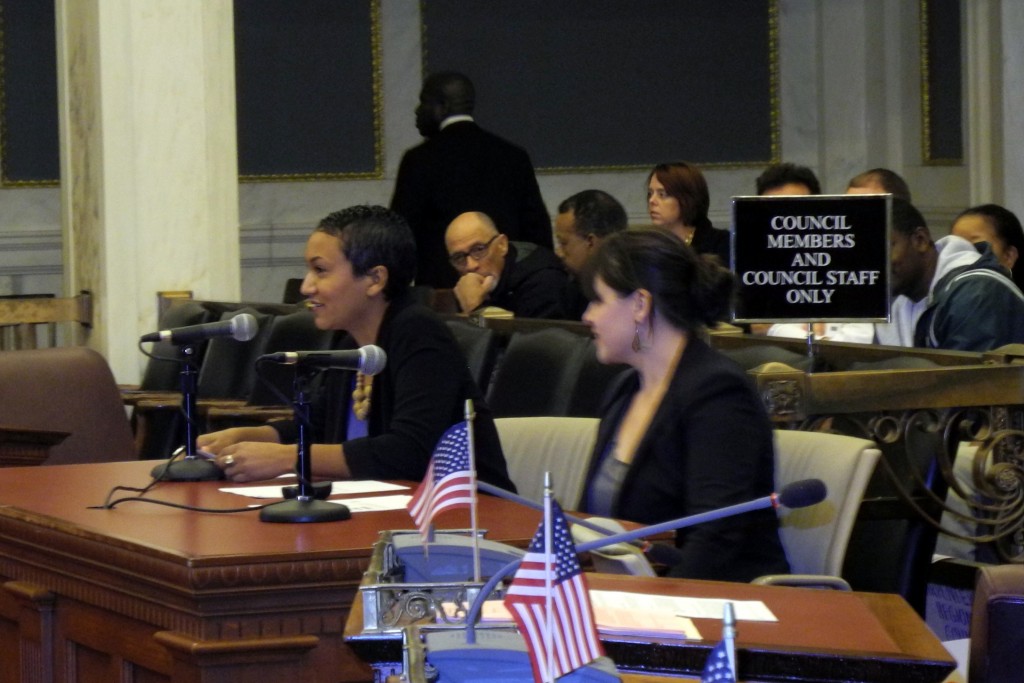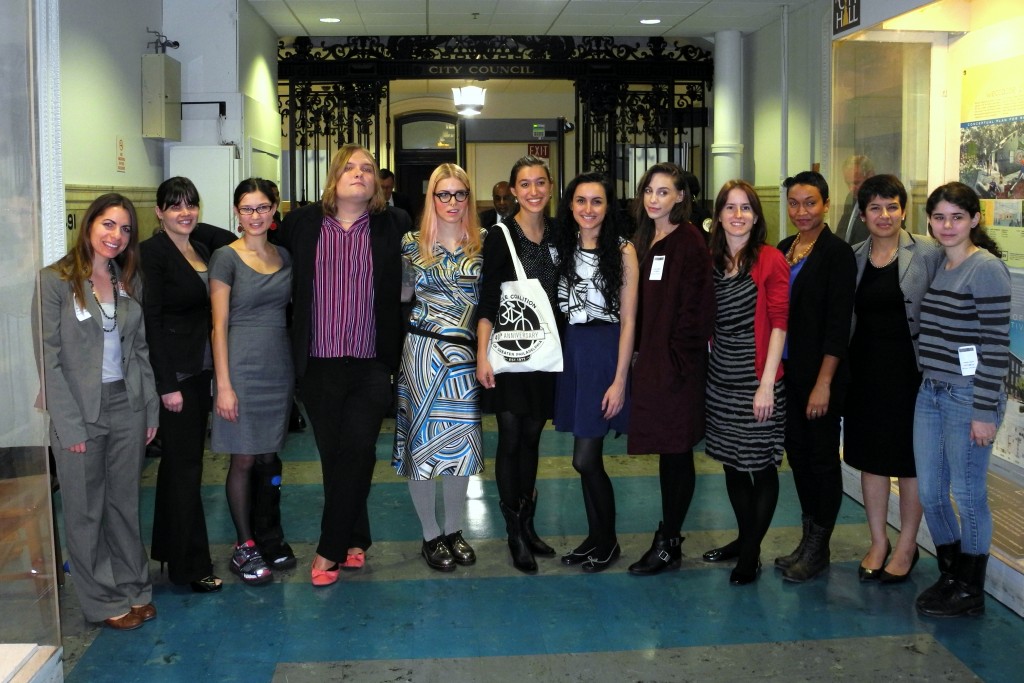Our new board member Patrick suggested creating a web section of the SSH site specific to the experiences of members of the LGBQTIA community. Great idea!
As a first step, we’re inviting anyone who identifies as an individual within the LGBQTIA community to share their street harassment story or stories. So if this is you, please take a few minutes to share a story and invite friends to do the same.
Let’s make these stories, which are too often invisible, visible!

